Boundaries and Borders: A Reading List

In celebration of Latinx Heritage Month (Sept 15 — Oct 15), PEN America, in partnership with Strand Book Store, hosted a conversation with Daniel José Older, author of the New York Times best-selling YA series “Shadowshaper Cypher,” and Idra Novey, translator and author of the award-winning debut novel Ways to Disappear. Below, you can find an expansive book list of Latinx authors who have impacted and shaped modern literature today.
PEN Out Loud is a monthly series presented by PEN America in collaboration with Strand Book Store. This series provides a platform to amplify diverse voices and convene vital conversations on the ways in which threats to free expression affect readers and writers alike.
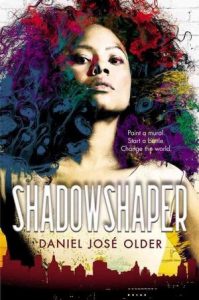
Shadowshaper, Daniel José Older
Written by event panelist Daniel José Older, Shadowshaper is the first book of the two-part “Shadowshaper Cypher” series. A story about magic and art and family set in Brooklyn, the New York Times best-seller brings an Afro-Latina protagonist to the forefront of YA dystopias, a genre Older has openly criticized as imagining a very whitewashed future.

The Complete Stories, Clarice Lispector, trans. Katrina Dodson
Translated for the first time into English by Katrina Dodson from Lispector’s Brazilian masterpieces, The Complete Stories collection encompasses 85 mystifying and somewhat maddening stories. Lispector navigates the inner lives of characters ranging from teenagers experiencing sexual awakening to housewives enduring epiphanies.
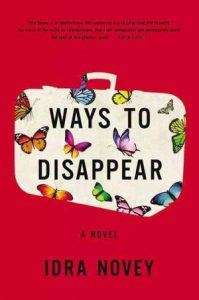
Ways to Disappear, Idra Novey
Ways to Disappear, the debut novel of translator-turned-novelist and event panelist Idra Novey, is a literary mystery that explores a translator’s journey to search for a missing author in Brazil. Crossing linguistic and national boundaries, this novel perfectly exemplifies this month’s theme.
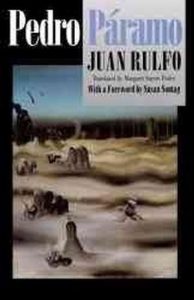
Pedro Páramo, Juan Rulfo, trans. Margaret Sayers Peden
This classic of Latin-American literature, in a luminous translation by Margaret Sayers Peden, is a surrealist masterpiece that blurs the borders between life and death and is said to have inspired Gabriel García Márquez’s One Hundred Years of Solitude.
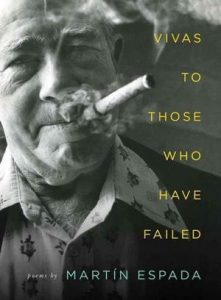
Vivas to Those Who Have Failed, Martín Espada
From the Paterson Silk Strike to the killings at the Sandy Hook Elementary School to police violence against people of color, this collection of poetry considers all kinds of immigrant communities in the 1930s. This book about working-class communities illustrates beautifully the stories of Latino, Irish, Italian, and Jewish immigrants of the 1930s.

How the García Girls Lost Their Accents, Julia Alvarez
Alvarez’s debut novel follows the story of four sisters who flee the Dominican Republic after their father’s role in attempts to overthrow a dictator is discovered. Set in 1960s New York City, this novel considers the generational gap between the García girls and their parents as the family does their best to integrate into a new culture.
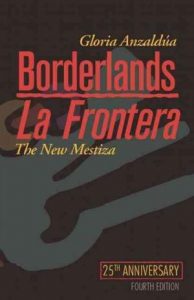
Borderlands/La Frontera: The New Mestiza, Gloria Anzaldúa
Comprising essays and poems, this work engages with Mexican-American author Gloria Anzaldúa’s personal experiences as a Chicana, lesbian activist living in America. Growing up in rural towns along the Mexican-American border, Anzaldúa engages quite literally with the cultural significance of borders and boundaries, exploring the presence of traversing such borders in her own life.
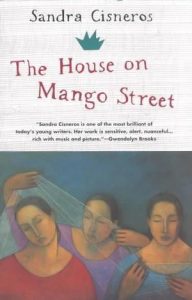
The House on Mango Street, Sandra Cisneros
Written in a series of vignettes, this classic novel follows Esperanza Cordero, a young girl growing up in a Latinx neighborhood in Chicago among Chicanos and Puerto Ricans. Determined to escape her neighborhood in the search for a better life, this critically acclaimed novel reveals Cordero’s struggle as she fights the low expectations the world has for people like her.
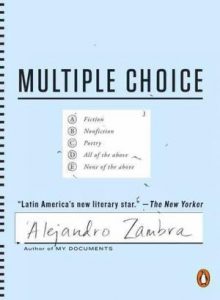
Multiple Choice, Alejandro Zambra, trans. Megan McDowell
This work is both a novel and a standardized test, requiring readers to engage directly with the five-part, ninety-question “exam.” Experimental Chilean author Alejandro Zambra utilizes a surprising structure to tell a story that highlights the plight of open discussion during the dictatorship. Translated by Zambra’s longtime translator, Megan McDowell.
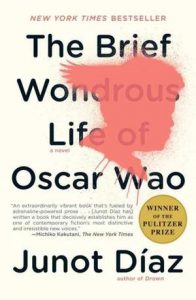
The Brief Wondrous Life of Oscar Wao, Junot Díaz
This Pulitzer Prizewinning story follows the misfortunes of Oscar, a young man determined to become the Dominican J.R.R. Tolkien and find love. The only thing standing in his way is a multigenerational curse that has lead to prison, torture, and lack of luck in love for his ancestors.
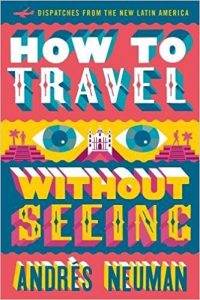
How to Travel Without Seeing: Dispatches from the New Latin America, Andrés Neuman, trans. Jeffrey Lawrence
This “unpredictable” travel narrative comes from Argentine-Spanish author Andrés Neumann, who ruminates on the whirlwind trip through South America that he took after winning a major literary award, drawing comparisons and contrasts between countries while considering immigration, cultural and ethnic identity, and Latin America’s best authors and artists.
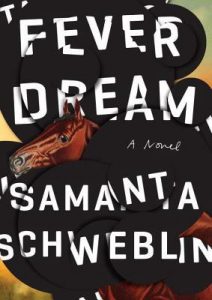
Fever Dream, Samanta Schweblin, trans. Megan McDowell
From Argentinian author Samanta Schweblin, this Man Booker-nominated debut novel is narrated by a woman who is dying in a rural emergency clinic, describing the events that led her to her illness. There is a touch of the supernatural in this horror story that examines maternal instinct, ecological disasters, and life in rural Argentina and that reads like a fever dream.
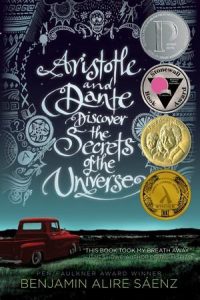
Aristotle and Dante Discover the Secrets of the Universe, Benjamin Alire Sáenz
This multi-award-winning young adult novel tells the story of Aristotle Mendoza and Dante Quintana, two Mexican-American teenagers growing up in Texas. As their friendship and relationship deepens, each boy comes to a new understanding about their cultural, ethnic, and sexual identities. An important addition to the canon of queer literature for young adults, this story lyrically examines the intersection between LGBT and Latinx identities.
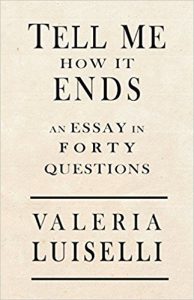
Tell Me How it Ends: An Essay in 40 Questions, Valeria Luiselli
A vital work in Trump’s America, Valeria Luiselli’s novel tells immigrant stories in the form of responses to a questionnaire. Revealing the journeys children who have immigrated from Latin America have experienced in order to arrive in the United States through the answers to 40 questions, Luiselli’s story is an incredible insight into the lives of immigrants today.






